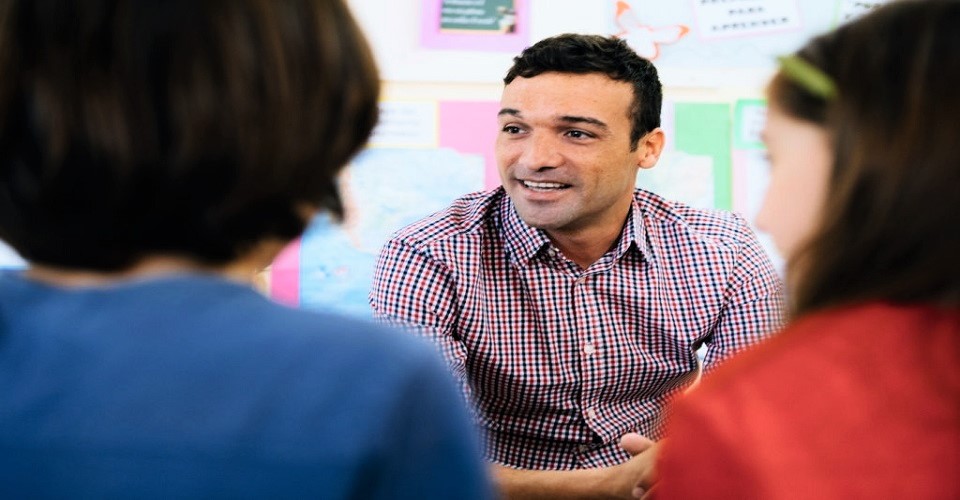Significance of Counselling and Guidance in a Learner's Life
22nd December 2020
In recent times, more and more institutions across the globe are willing to hire educators skilled in student counselling techniques. But have you wondered why? Well, counselling and guidance play a huge role in bringing out the best in learners. Activities, play-time and interactions are sought after, but often times young learners need proper guidance to declutter their personality and polish it. This is necessary, as through counselling, children are advised on the ways to tackle/handle and deal with personal problems and emotional conflicts.
When young learners are guided by someone equipped with proper counselling techniques, it helps in incorporating valuable lessons in their day to day life. From career guidance to balancing their emotional self, the learners are advised on a variety of topics and issues as it is significant to prepare them for a life that lies ahead of school.
Mentioned below are some of the advantages that learners get from efficient counselling and guidance.
- Students are properly guided on the ways to deal with psychological problems from an initial stage, otherwise which can badly impact their academic growth. It is through proper counselling sessions that students develop certain problem-solving skills, which to an extent, aid them in dealing with certain issues regarding their lives.
- Learners are advised on the ways to handle various situations they face during their school life e.g., how to talk courteously or relate with their peers. This particular advice will provide them a perspective on how they should behave in certain situations.
- Counselling helps in outlining students' behaviour and also instil adequate discipline in them. Correct guidance will aid them in achieving their goals as a well guided & counselled student knows deep within what he/she she should be doing and how, in the best possible way.
- Students learn the numerous ways to live in harmony and peace along with others within the school environment. This way, they also learn to appreciate others in their class.
- It works on the gap between learners and the administration.
- Learners get an inclusive advice regarding career, courses and jobs that will lead to an understanding regarding what they can do after school.
- It will allow students to talk openly to their teachers regarding the various experiences that make them uncomfortable. They can openly share problems which they are unable to share with their parents.
- Discussions on substance abuse, personal feelings or any other kind of abuse, can be openly discussed. Guidance and counselling make a strong moral ground for students and help them to become better human beings.
- It also enables students to have a clarified thought process and helps overcome any difficulties they might be undergoing in their lives. Counselling puts them in a position to ask questions without any hindrance since the person in charge is willing to help.
- Counselling facilitates students with better communication skills and enhances their personalities.
We need to remember that guidance and counselling aim at:
1. Emphasising on the needs of a child
With regular counselling sessions, teachers can provide individualised focus to each and every learner.
2. Acquiring the right knowledge
Every child is unique and special in its own way. Creative counselling sessions can help the teacher to understand how much attention is the child is in need of.
3. Maintaining discipline
Counselling helps in refining the bond between teacher and children which can be beneficial for the development of the child.
4. Enabling an overall development
Apart from academic and career development, a healthy social and personal development is also crucial. Teacher counsellors also help to develop a child’s moral aesthetic so that he/she becomes a good human being.
With a thriving career as a school guidance counsellor, educators harp on the most important factors that make learners able to cope with various situations with ease, confidence and the right attitude, so that they grow self-assured and mentally prepared for societal hardships.
Written By : Ipsita Roy